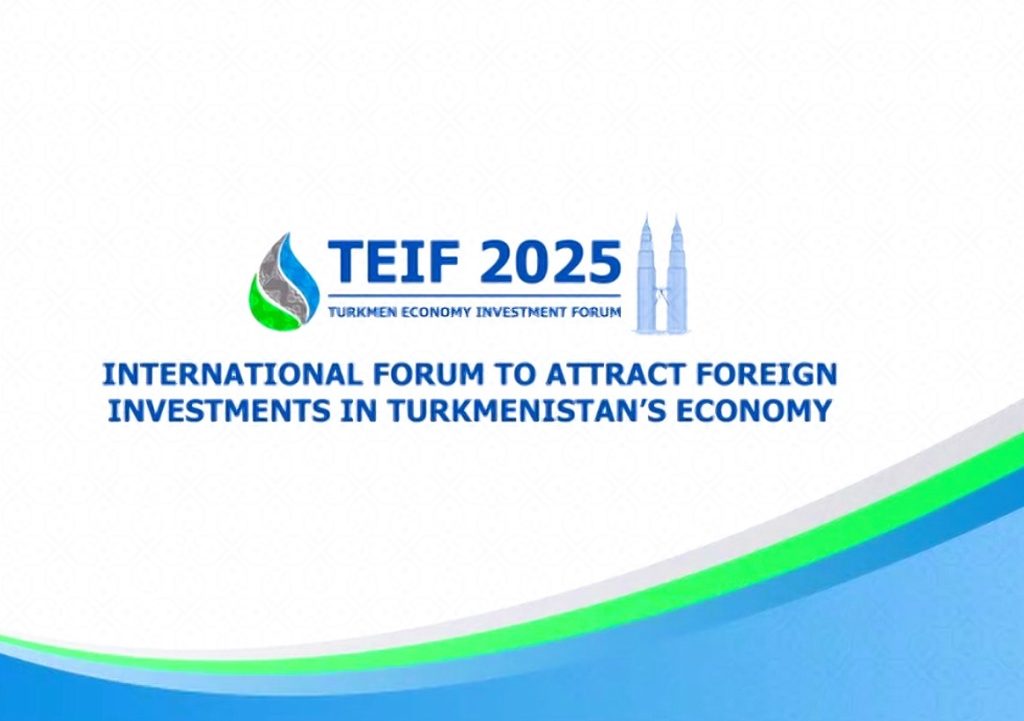
At the International Forum to Attract Foreign Investments in Turkmenistan’s Economy (TEIF 2025), Giorgio Castriota Scanderberg, Managing Director of Eni Turkmenistan Limited, participated in the panel discussion titled “Investment Opportunities in Turkmenistan’s Energy Sector: Oil and Petrochemicals.” During the session, he provided detailed insights into Eni Turkmenistan’s development strategy, its focus on production optimization, and the important role of technology and decarbonization in shaping the future of the energy sector.
Eni Turkmenistan has been operating the Nebit Dag concession in the Balkanabat area since 2008, following the acquisition of Burren Energy plc. This mature oilfield, operational since 1971, currently manages around 100 active production wells, most of which rely on gas lifting for extraction. To maximize efficient oil recovery, Eni Turkmenistan has implemented a multifaceted development strategy:
- Drilling and Well Maintenance: An average of 10 new infilling wells are drilled annually to enhance production capacity. Additionally, approximately 50 workovers are performed each year on existing wells to maintain output levels.
- Secondary Recovery Mechanisms: A water injection project, designed to recover nearly 14 million barrels of oil equivalent (MMboe) over the field’s lifespan, is on track for full commissioning by Q4 2025.
- Production Optimization Initiatives: Techniques such as fracking, perforations of new reservoir levels, and matrix acidifications are employed to mitigate production decline. These efforts have resulted in a remarkable 50% increase in P1 reserves since 2008.
“Innovation has always characterized Eni’s activities and words such as “research”, “development” and “technology” are embedded in our DNA”, Scanderberg said. He highlighted Eni Turkmenistan’s commitment to leveraging cutting-edge technologies, particularly in digital transformation and artificial intelligence (AI), to enhance efficiency and support the energy transition.
A notable initiative is a pilot project for continuous remote monitoring of well parameters. This system enables wireless data transmission to a central control room, where production optimization algorithms analyze trends to improve operational efficiency.
Technology also plays a critical role in decarbonization. “In 2025 we are performing in Nebit Dag concession a leak detection campaign with recent developed optical gas imaging camera. With this project we continue our path against methane emission and we will further improve environmental performance, after the successful elimination of methane emission sources that was possible thanks to a design upgrade and the execution of identified plant modifications”, Scanderberg stated.
The transition from traditional oil and gas operations to a decarbonized energy future requires not only technological innovation but also a cultural shift and new skill sets. To address this, Eni Turkmenistan invested approximately 2% of its 2024 annual budget in developing local personnel. These efforts aim to equip the workforce with the expertise needed to navigate the challenges of the energy transition, ensuring a smooth and sustainable evolution of the company’s operations. ///nCa, 24 April 2025